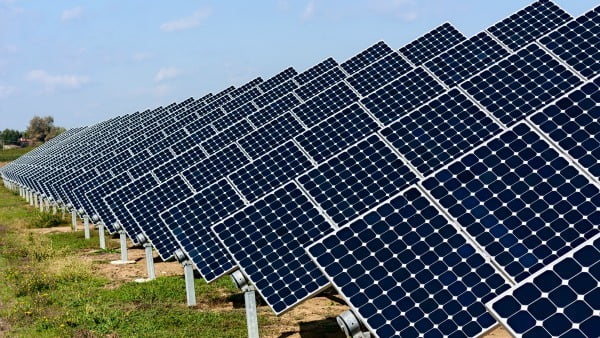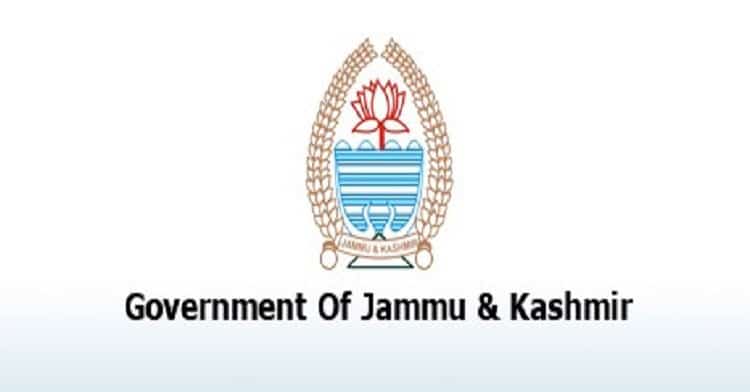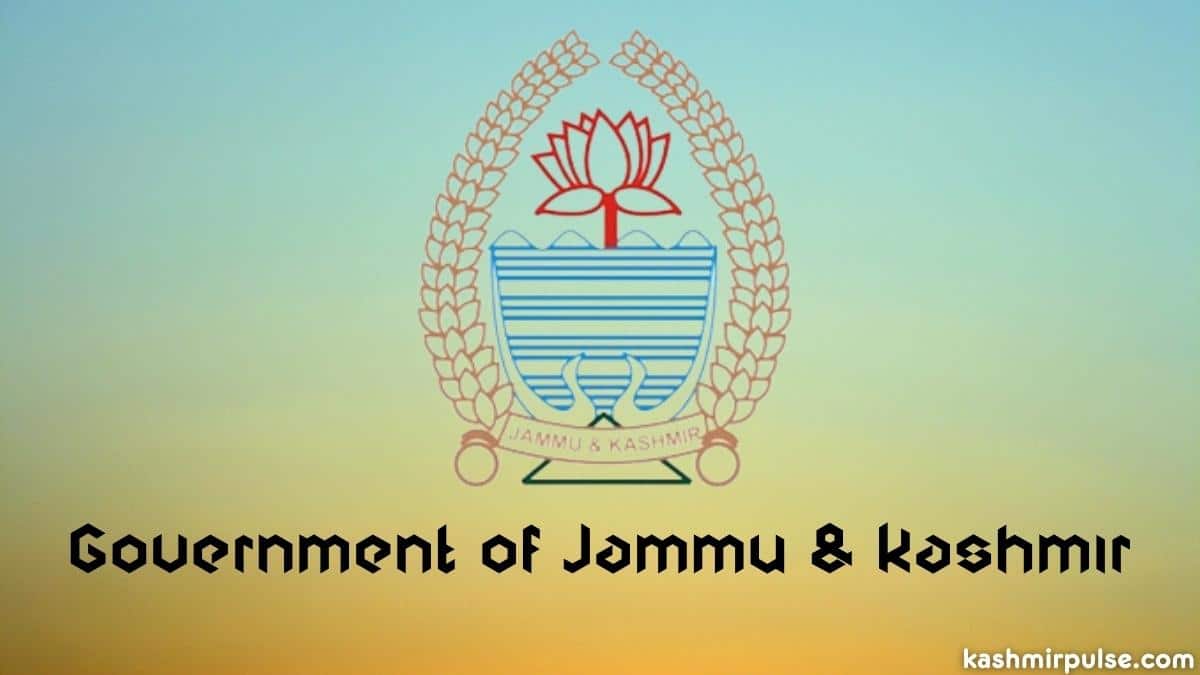AC approves major initiatives for strengthening governance, fostering growth

SRINAGAR — In a series of landmark decisions aimed at bolstering Jammu and Kashmir’s administrative, cultural, and economic frameworks, the Administrative Council (AC), chaired by Lieutenant Governor Manoj Sinha, approved a range of measures designed to improve governance, enhance cultural heritage, and promote entrepreneurship.
Strengthening the administrative framework
The AC approved the creation of 83 new posts across different ranks in the Prosecution Department, ensuring that each of the Union Territory’s 20 districts will now have an independent Deputy Director. This move, in line with the Bhartiya Nagarik Suraksha Sanhita (BNSS) 2023, is expected to significantly improve the management of legal prosecutions and expedite the delivery of justice.
Additionally, 772 posts were sanctioned for the Government Railway Police (GRP) to bolster security along the Katra-Banihal railway segment, following recommendations from a Multi-Disciplinary Committee. The creation of these posts spans from the Superintendent of Police down to lower non-gazetted positions, ensuring a robust security presence on this critical route.
In a bid to streamline the functioning of the State Election Commission, 30 new posts were created. This decision will support the smooth operation of the commission, which has been functioning with ad-hoc staff since its inception in 2020.
Cultural revival and support for local artists
In a significant boost to the region’s cultural heritage, the AC approved revised schemes for the J&K Academy of Art, Culture & Languages (JKAACL). These initiatives include the expansion of the Sheeraza publication to include additional languages such as Shina, Balti, and Bhadarwahi, along with the revival of traditional art forms and the promotion of Sufiana and Indian classical music.
The council also introduced new schemes like the Guru Shishya Parampara Scheme, aimed at preserving the mentor-disciple tradition, and the Documentation of Intangible Cultural Heritage initiative, which will systematically archive the region’s rich oral and performing arts traditions. A modern Archival Studio will be established to digitally preserve these cultural expressions.
Furthermore, Rs 50 lakhs have been allocated to establish an Artists and Writers’ Welfare Fund, demonstrating the government’s commitment to supporting the artistic community. The overall financial outlay for these cultural initiatives is Rs 5.76 crores.
Economic development through entrepreneurship
The AC also approved operational guidelines for the Jammu and Kashmir Startup Policy, 2024-27, which aims to nurture and inspire entrepreneurial talent in the region. This policy will provide comprehensive support to startups through seed funding, incubation, and market access, with the Jammu and Kashmir Entrepreneurship Development Institute (JKEDI) as the nodal agency.
Complementing this is the approval of Project YUVA (Yuva Udyami Vikas Abhiyan), a groundbreaking initiative designed to accelerate employment opportunities through entrepreneurship. The project aims to create 1.37 lakh enterprises over the next five years, generating employment for 4.25 lakh youth. With a budgetary support of Rs 1,830 crores and additional funding expected from financial institutions, this initiative is poised to transform the employment landscape of Jammu & Kashmir.
Land transfers for industrial and security infrastructure
The AC also approved the transfer of over 2,292 kanals of land for various developmental projects. This includes land in Kathua and Samba districts for the establishment of industrial estates, which are expected to generate significant employment opportunities.
Additionally, land in Ganderbal district was allocated for the construction of police stations and posts, ensuring better security infrastructure in these areas.
This post first appeared on The Kashmir Pulse


